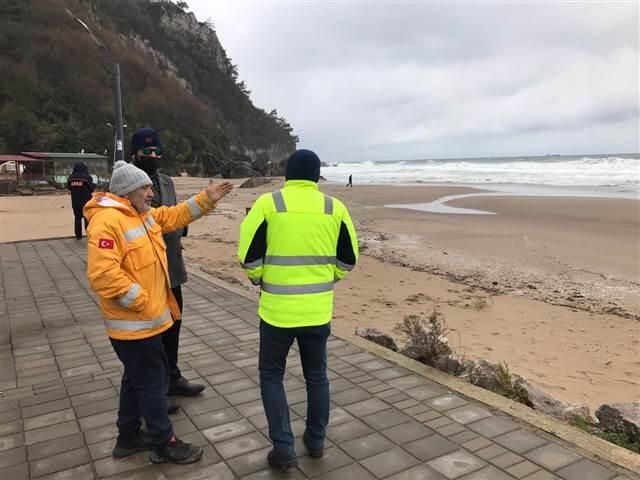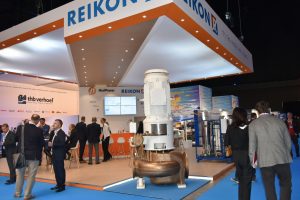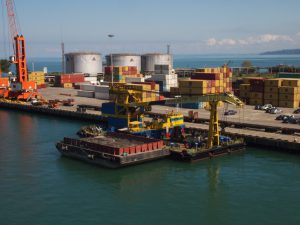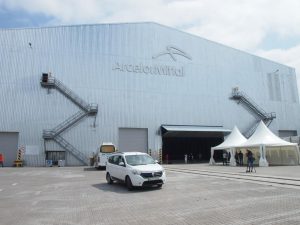Norwegian energy company Equinor has installed a battery that will for first time make it possible to store energy produced from an offshore wind farm. Batwind partners Equinor and Masdar inaugurated the so-called Batwind battery storage solution Wednesday in Peterhead, Scotland. With the system in operation, electricity produced at the world’s first floating offshore wind farm Hywind Scotland, which is located 25 km off the coast of Peterhead, will be transported via cables to an onshore substation where the one MW batteries are placed and connected to the grid. Equinor says the 1MW capacity is the equivalent of more than 128.000 iPhones. The company believes that since fluctutions in wind speeds impacts the amount of power produced, battery storage is likely to become increasingly important for securing grid stability.
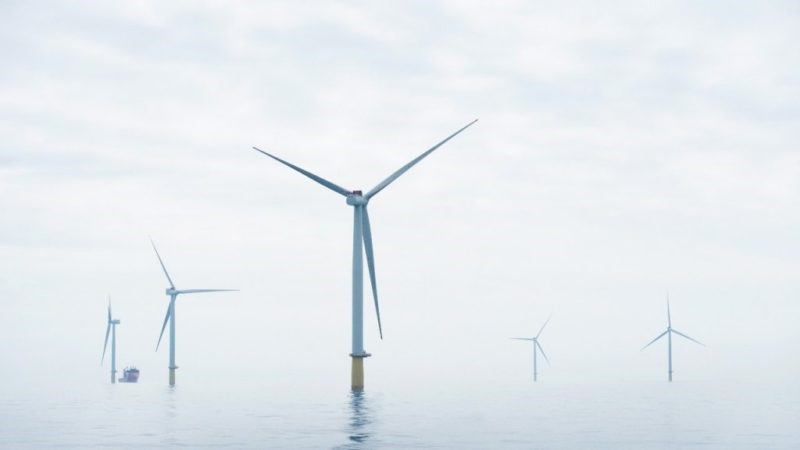
“The variability of renewable energy can to a certain extent be managed by the grid Offshore Wind Farm. But to make renewable energy more competitive and integrate even more renewables to the grid, we will need to find new, smart solutions for energy storage to provide firm power,” says Sebastian Bringsvaerd, Development Manager for Hywind and Batwind. “How to do this in a smart and value creating way is what we are aiming to learn from Batwind.”
One of the key components of Batwind will be collecting data and developing the software that is integral to maximizing the benefits of battery storage.
The brainwork is in the algorithms, which Equinor and Masdar are developing, based on multiple data sources including:
- Weather forecasts
- Market prices
- Maintenance schedules
- Consumption patterns
- And grid services
“The more we feed Batwind’s power management system with data, the smarter it gets. In addition, Batwind can be utilised for other renewable energy sources including solar and onshore wind. We believe this will expand the market for all renewable energy sources Offshore Wind Farm. According to a recent report by the International Renewable Energy Agency (IRENA), the installed costs of battery storage systems could fall by two-thirds (66%) by 2030.











